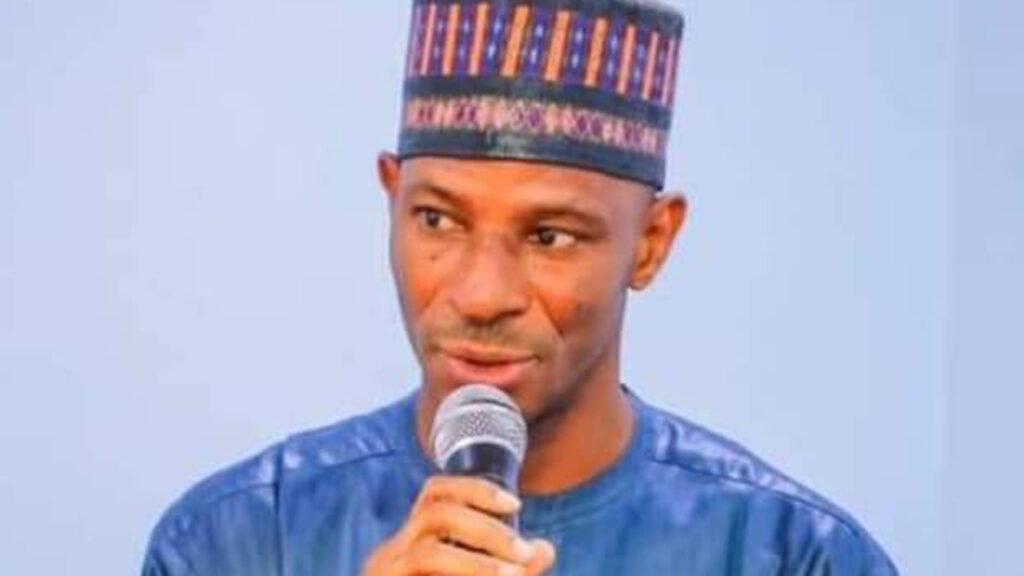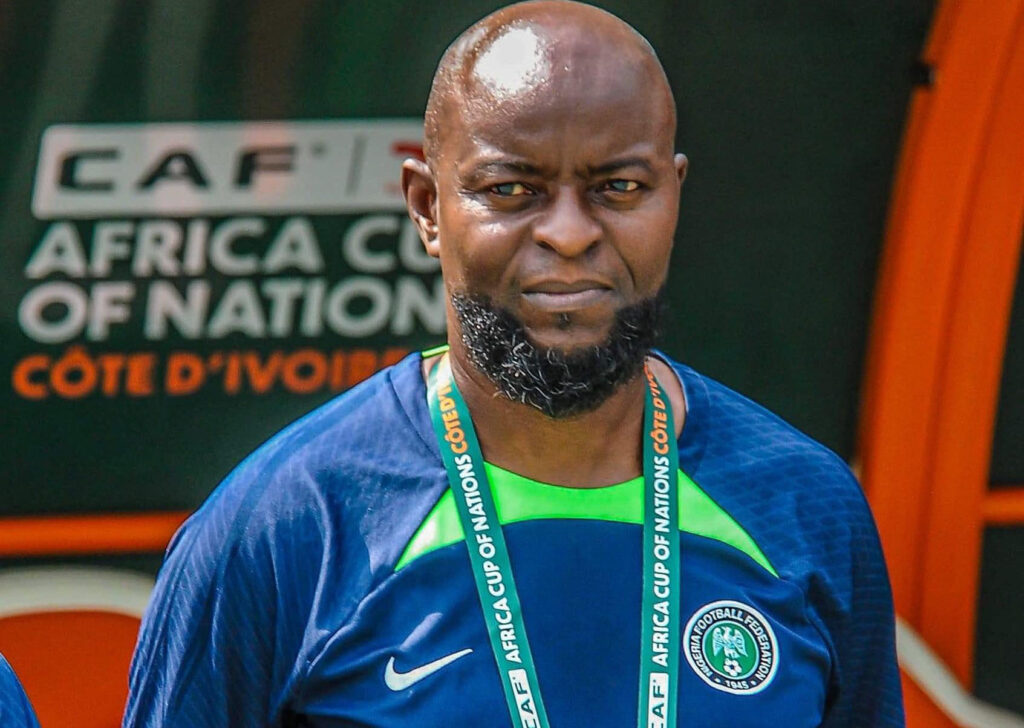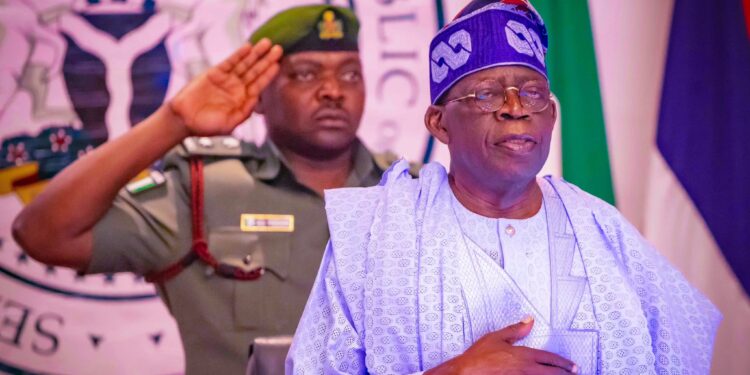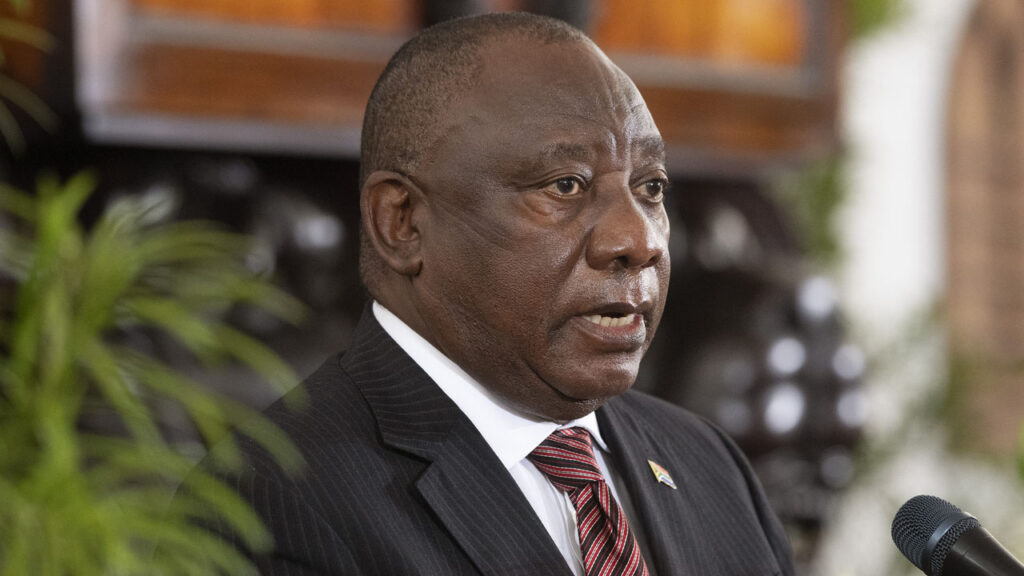
Chief Samuel Ayodele Adebanjo, avowed disciple of Chief Obafemi Awolowo and leader of ‘Afenifere’, the Yoruba socio-cultural group, recently marked his 95th birthday and we can only wish him well for many reasons, not the least being his dogged struggle for a better Nigeria.
Trained as a lawyer (he studied in England and was called to the Bar in June 1961) but better known for his role in political affairs of his country, Adebanjo remains an important public figure because of his persistence in espousing his views – sometimes personal, sometimes on behalf of the organisation he leads – on government, governance, social justice and indeed any matter that he believes can improve his country. And, irrespective of others’ opinions, he can be unapologetically firm in his stand.
Indeed, Adebanjo is better known as a politician and for good reason. As fellow ‘Awoist’ and former Governor of Kwara State, Chief Cornelius Adebayo writes in his foreword to Adebanjo’s autobiography that ‘[he] was already a politician before he became a legal practitioner…’. He joined Egbe Omo Oduduwa in 1949 while in C.M.S Grammar School; was secretary of the Lagos branch by 1952, and subsequently joined the Action Group a member of an Area Council when the political party was formed in 1951. After a stint in Journalism at the Daily Service (later Daily Express) newspaper, he was appointed into the ‘very attractive and juicy’ position of Action Group Organizing Secretary for Remo Division. He writes that ‘for me, it was a joy to be a politician…’
It may be noted that Adebanjo was a self-assured ‘Africanist’. As a third -class clerk in a federal establishment in the early 1950s, he corrected a supposedly ill-mannered expatriate with ‘is that how you say “good morning” in your country?’ He was queried, showed no remorse and was sacked. He joined the ‘No Coronation, McPherson’ protest against Coronation Day on June 2, 1953.
To describe Adebanjo as rigid, or firm, or stubborn, or principled, depends upon the one describing this lawyer and politician who insists in ‘telling it as it is.’ Telling it as it is is in fact the title of his 2018 autobiography in which Adebanjo maintains that even though life has taught him to be loyal to leader and committed to a cause, loyalty is never blind and his commitment is based on conviction.
Opinion about his method vary though, but Adebanjo, to the best of his understanding, remains faithful to the counsel of his leader, Awe, that ‘anything that is good for Nigeria, no matter who initiates it, you must support it.’ Writing in his book about himself and his fellow fighters, he says ‘our fight for democracy has been irrespective of whose ox is gored.’ And indeed he can be described as one man with the courage of his conviction. He has been in the trenches with Awe and for the Action Group, and subsequently with the National Democratic Coalition (NADECO) that the June 12, 1993 election would stand.
Democracy is generally accepted to mean a government of the people, by the people, for the people. But the Afenifere chieftain prefers to anchor it on more fundamental and universal values such as justice, and fairness. Having been in the news lately for leading his group support of the Labour Party presidential candidate, Peter Obi (against the person of Bola Tinubu), Adebanjo insisted that Nigeria and its practice of a democratic system of government can only survive and endure if it is inclusive, if no section of the constituent parts is left in the cold. He reportedly insisted that “Because one of our own, Asiwaju Bola Tinubu, is a front-runner for office, we will not compromise on this principle of justice, equity, and inclusivity”.
Adebanjo took a position that, even if not popular with some of his fellow Yoruba, is indeed a powerful statement of his personal pan –Nigerian world-view on the one hand, and the fundamentally and essentially largely representative of the liberal world-view of the Yoruba people. To courageously argue for and demonstrate, as he did, a principled stand against ethnocentric politics redeemed his tribe and elevated it above narrow-minded attitude in the prevalent in the polity. Put differently, Adebanjo was, in this specific respect, at a time like this, a bridge builder over Nigeria’s troubled waters. Posterity will note that in his favour.
But Adebanjo is also a ‘restructurist’ and, in line with the conviction of Awolowo, a strong advocate of federalism. On restructuring, he writes in his book: ‘We cannot be united in peace under the present system [of fake federalism]. The system must be restructured to reflect a truly federal constitution. That’s the only thing that can guarantee peace and unity… we must be federal in all its ramifications’. On federalism, he says: ‘The sum total is that we return to federalism. This entails devolution of powers, state police, among other components, as obtains in other multiethnic countries practicing the federal system of government.’ No one who loves this country will disagree with these positions.
Whereas the Afenifere leader is proud to declare that ‘My legacy is my consistency in politics,’ not a few Nigerians think that Adebanjo can be too insistent on either his perspective or his strategy. His critics are as dissatisfied with him in these respects, as he is with them for either not seeing things his way, or their inconsistency. Chief Olusegun Osoba says, ‘His own interpretation of inconsistency is his own way.’ ‘His attitude is that you must agree with his own definition and that you must not have a contrary opinion’. He goes further to note: ‘I have over time told him that his behaviour is inconsistent with Awolowo’s behaviour.
Awolowo tolerated dissenting views, he listened to second, third opinions as against Adebanjo’s attitude of rigidity’. On Awolowo’s style, Osoba is right, going by Adebanjo’s account. He writes: ‘It must be noted however that ab initio, Akintola was not Awolowo’s choice to succeed him as Premier of Western Region. His choice was either Rotimi Williams or Gabriel Akin-Deko. His view was that Akintola …could be a deputy but not capable of being a leader in a government. But the party leaders …didn’t agree with Awolowo. When he was defeated, Awo had to yield and agreed that Akintola should become Premier’. Adebanjo cites another occasion when, contrary to Awo’s thinking, some of his lieutenants argued for Action Group (AG) –Northern People’s Congress (NPC) collaboration, the leader yielded and ‘mandated Ayo Rosiji and one other person to go and talk to the NPC’. Unsuccessfully it turned out.
If the leader that Adebanjo so reveres was tolerant of dissenting opinions, it is reasonable to ask why the chief fails to emulate Awo in this very necessary quality. He can also be quick to respond to perceived slight or dishonour. He not only debunked a claim he considered offensive in Chief Bisi Akande‘s “My Participation” in a swift and meticulous manner, Adebanjo boldly and directly challenged the author to match his thoroughness.
Adebanjo is certainly not a saint nor does he have a monopoly of wisdom in every matter. But, this is a man who has spent the best part of his life seeking, in his own unique way that his country be better. Alas, that his effort, along with other well meaning patriots, have to date not yielded the greatness of Nigeria they envision, is one reason that, even at 95 years of age, ‘he writes that ‘unfortunately, I am still in the trenches because those things that I have been for have not been achieved.. So, instead of resting, I am still in the battle’. As Adebanjo continues to perform his duty to his country; his example of patriotism is worth emulating by the younger ones to lift Nigeria. We wish the Afenifere chieftain good health and peace of mind in the years ahead.










